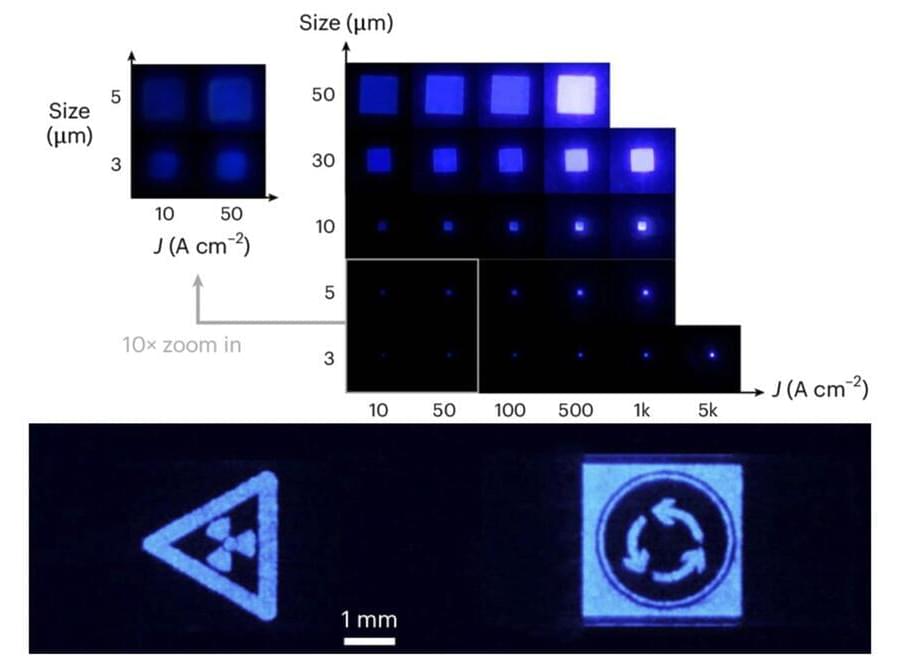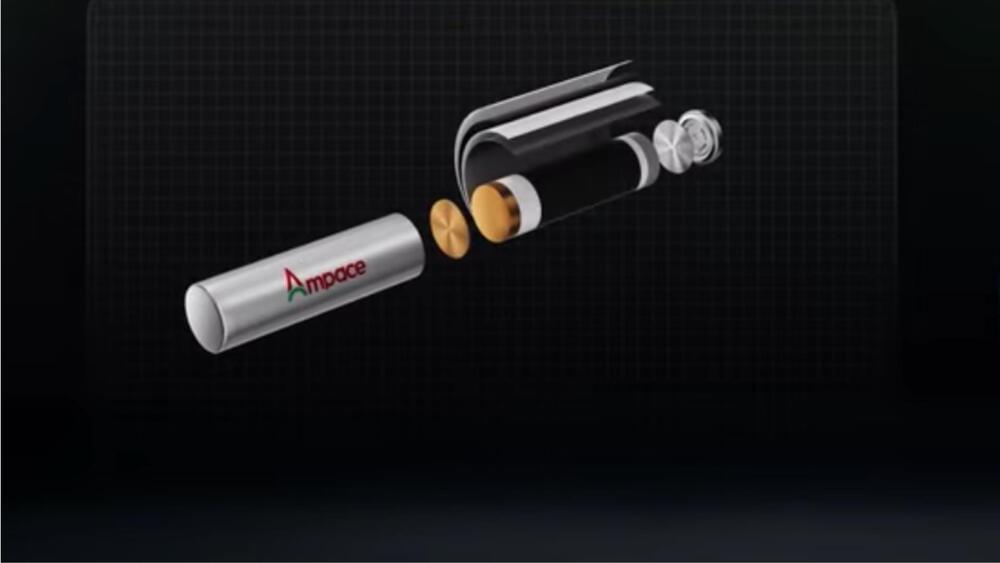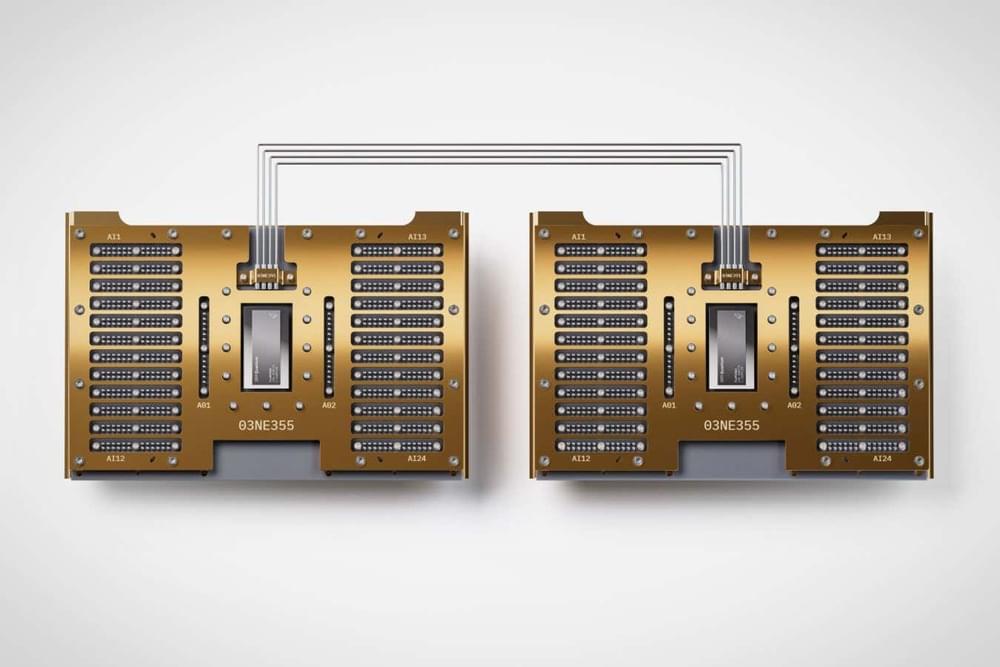In a breakthrough set to revolutionize the semiconductor industry, the School of Engineering of the Hong Kong University of Science and Technology (HKUST) has developed the world’s first-of-its-kind deep-ultraviolet (UVC) microLED display array for lithography machines. This enhanced efficiency UVC microLED has showcased the viability of a lowered cost maskless photolithography through the provision of adequate light output power density, enabling exposure of photoresist films in a shorter time.
Conducted under the supervision of Prof. Kwok Hoi-Sing, Founding Director of the State Key Laboratory of Advanced Displays and Optoelectronics Technologies at HKUST, the study was a collaborative effort with the Southern University of Science and Technology, and the Suzhou Institute of Nanotechnology of the Chinese Academy of Sciences.
A lithography machine is crucial equipment for semiconductor manufacturing, applying short-wavelength ultraviolet light to make integrated circuit chips with various layouts. However, traditional mercury lamps and deep ultraviolet LED light sources have shortcomings such as large device size, low resolution, high energy consumption, low light efficiency, and insufficient optical power density.








